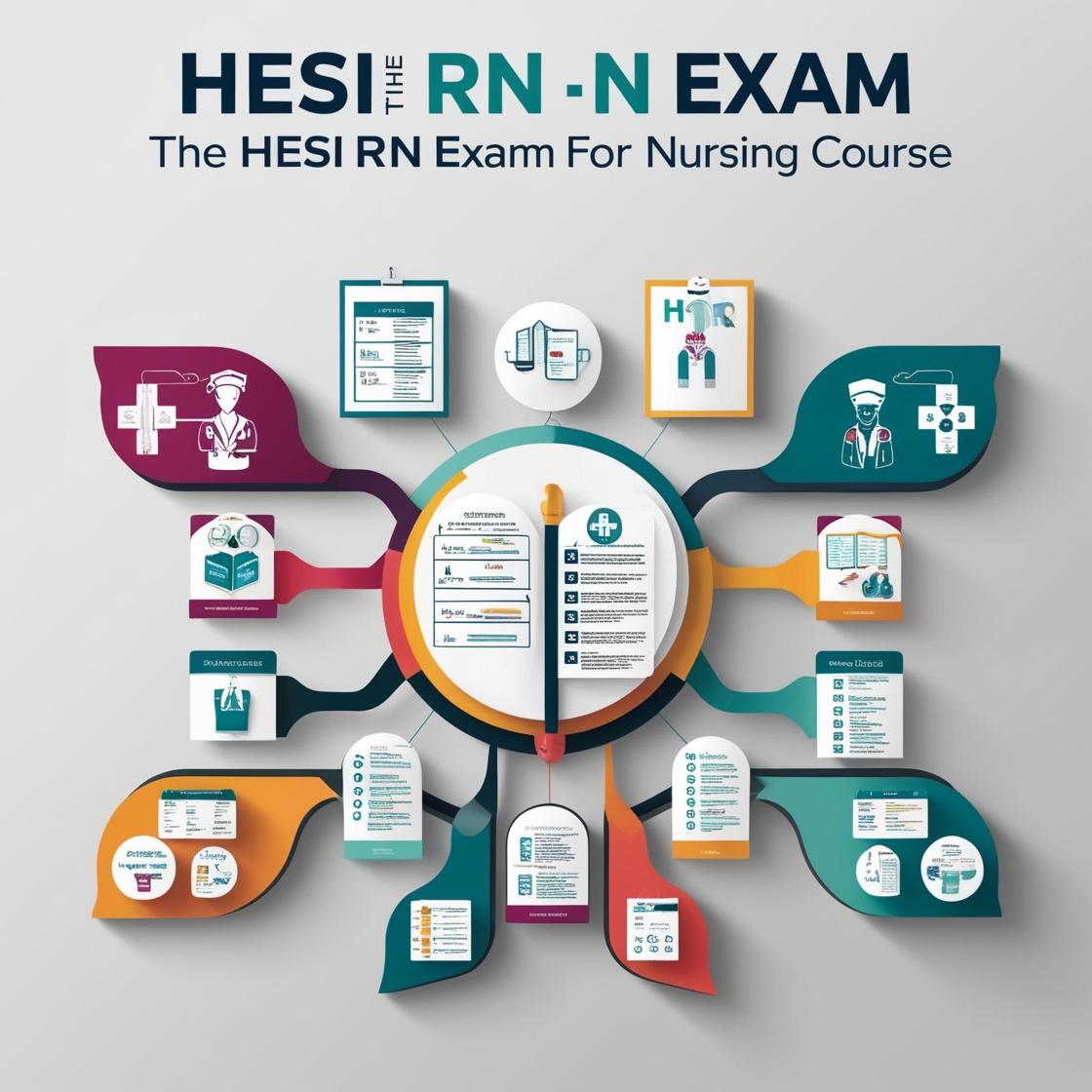HESI RN
HESI 799 RN Exit Exam Capstone
1. Which of these findings should the nurse report immediately after a client has a liver biopsy?
- A. Temperature of 99.5 degrees F (37.5 degrees C)
- B. Blood pressure of 108/70
- C. Pulse oximetry reading of 96%
- D. Severe abdominal pain
Correct answer: D
Rationale: The correct answer is D, severe abdominal pain. After a liver biopsy, severe abdominal pain is a critical finding that requires immediate reporting as it may indicate internal bleeding or damage to the liver. The other vital signs provided in choices A, B, and C are within normal limits and may not be directly related to complications post liver biopsy. Therefore, the priority is to address the severe abdominal pain promptly to prevent any further complications.
2. A client is admitted with deep vein thrombosis (DVT) and is receiving heparin therapy. What is the most important laboratory value to monitor during heparin therapy?
- A. Prothrombin time (PT)
- B. International normalized ratio (INR)
- C. Activated partial thromboplastin time (aPTT)
- D. Platelet count
Correct answer: C
Rationale: The activated partial thromboplastin time (aPTT) is the most important laboratory value to monitor during heparin therapy. It measures the intrinsic pathway of coagulation and is used to assess the effectiveness of heparin as an anticoagulant. Keeping the aPTT within the therapeutic range is crucial to prevent complications such as bleeding or clot formation. Prothrombin time (PT) and International normalized ratio (INR) are used to monitor warfarin therapy, not heparin. Platelet count is important to assess for thrombocytopenia, a potential side effect of heparin, but it is not the primary laboratory value to monitor the effectiveness of heparin therapy.
3. What pathophysiological events occur sequentially in the development of atherosclerosis?
- A. Foam cells release growth factors.
- B. Smooth muscle grows over fatty streaks creating fibrous plaques.
- C. Macrophages consume low-density lipoprotein (LDL) and create foam cells.
- D. Arterial endothelium injury causes inflammation.
Correct answer: D
Rationale: The correct sequence of pathophysiological events in the development of atherosclerosis starts with arterial endothelium injury causing inflammation. This inflammation triggers the formation of foam cells by macrophages consuming low-density lipoprotein (LDL). Subsequently, smooth muscle grows over fatty streaks, creating fibrous plaques. Therefore, option D is the correct answer. Choices A, B, and C are incorrect because they do not reflect the accurate chronological order of events in the pathogenesis of atherosclerosis.
4. The nurse is caring for a client with an indwelling urinary catheter. Which of the following actions should the nurse prioritize to prevent infection?
- A. Maintain a closed drainage system
- B. Cleanse the catheter insertion site daily
- C. Increase the client's fluid intake
- D. Empty the collection bag every 4 hours
Correct answer: A
Rationale: The correct answer is to maintain a closed drainage system. This action is crucial in preventing infection as it helps prevent bacteria from entering the urinary tract. While cleansing the catheter insertion site and ensuring adequate hydration are important aspects of catheter care, the top priority is maintaining the integrity of the closed system to prevent infection. Emptying the collection bag regularly is also important but not as critical as ensuring a closed drainage system to minimize infection risk.
5. A client with osteoarthritis is prescribed acetaminophen. What is the most important teaching the nurse should provide?
- A. Take the medication with food to improve absorption.
- B. Avoid taking other pain medications to prevent liver damage.
- C. Take acetaminophen on an empty stomach to prevent stomach upset.
- D. Monitor liver function tests regularly to detect any liver damage.
Correct answer: B
Rationale: The correct answer is B. Acetaminophen can cause liver damage if taken in excessive amounts or in combination with other medications containing acetaminophen. Clients should be advised to avoid other pain medications to prevent liver toxicity. Choice A is incorrect because acetaminophen is usually taken with or without food, not specifically on an empty stomach. Choice C is incorrect because taking acetaminophen with food can help prevent stomach upset. Choice D is incorrect because while monitoring liver function tests is important for long-term acetaminophen use, the most crucial teaching is to avoid other pain medications to prevent liver damage.
Similar Questions

Access More Features
HESI RN Basic
$69.99/ 30 days
- 50,000 Questions with answers
- All HESI courses Coverage
- 30 days access @ $69.99
HESI RN Premium
$149.99/ 90 days
- 50,000 Questions with answers
- All HESI courses Coverage
- 30 days access @ $149.99
